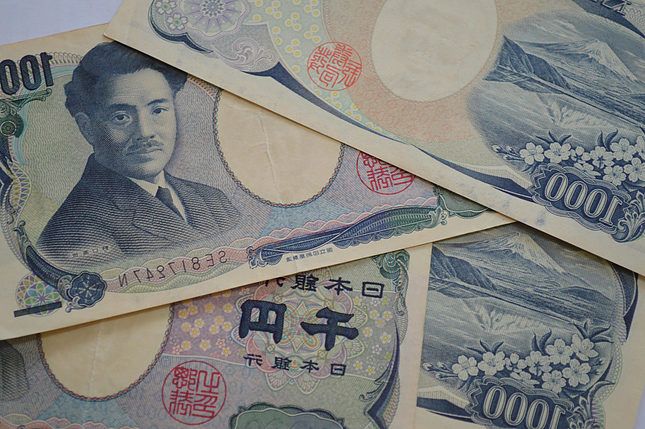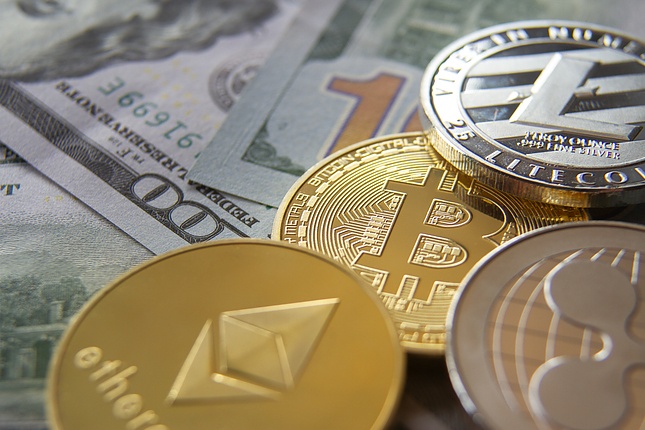Japan’s National Consumer Price Index (CPI) climbed 2.9% YoY in November, compared to the previous reading of 2.3%, according to the latest data released by the Japan Statistics Bureau on Friday,
Further details unveil that the National CPI ex Fresh food arrived at 2.7% YoY in November versus 2.3% prior. The figure was above the market consensus of 2.6%.
CPI ex Fresh Food, Energy rose 2.7% YoY in November, compared to the previous reading of a rise of 2.3%.
Market reaction to Japan’s National CPI data
Following Japan’s CPI inflation data, the USD/JPY pair is up 0.12% on the day at 157.52.
Japanese Yen FAQs
The Japanese Yen (JPY) is one of the world’s most traded currencies. Its value is broadly determined by the performance of the Japanese economy, but more specifically by the Bank of Japan’s policy, the differential between Japanese and US bond yields, or risk sentiment among traders, among other factors.
One of the Bank of Japan’s mandates is currency control, so its moves are key for the Yen. The BoJ has directly intervened in currency markets sometimes, generally to lower the value of the Yen, although it refrains from doing it often due to political concerns of its main trading partners. The BoJ ultra-loose monetary policy between 2013 and 2024 caused the Yen to depreciate against its main currency peers due to an increasing policy divergence between the Bank of Japan and other main central banks. More recently, the gradually unwinding of this ultra-loose policy has given some support to the Yen.
Over the last decade, the BoJ’s stance of sticking to ultra-loose monetary policy has led to a widening policy divergence with other central banks, particularly with the US Federal Reserve. This supported a widening of the differential between the 10-year US and Japanese bonds, which favored the US Dollar against the Japanese Yen. The BoJ decision in 2024 to gradually abandon the ultra-loose policy, coupled with interest-rate cuts in other major central banks, is narrowing this differential.
The Japanese Yen is often seen as a safe-haven investment. This means that in times of market stress, investors are more likely to put their money in the Japanese currency due to its supposed reliability and stability. Turbulent times are likely to strengthen the Yen’s value against other currencies seen as more risky to invest in.
Information on these pages contains forward-looking statements that involve risks and uncertainties. Markets and instruments profiled on this page are for informational purposes only and should not in any way come across as a recommendation to buy or sell in these assets. You should do your own thorough research before making any investment decisions. FXStreet does not in any way guarantee that this information is free from mistakes, errors, or material misstatements. It also does not guarantee that this information is of a timely nature. Investing in Open Markets involves a great deal of risk, including the loss of all or a portion of your investment, as well as emotional distress. All risks, losses and costs associated with investing, including total loss of principal, are your responsibility. The views and opinions expressed in this article are those of the authors and do not necessarily reflect the official policy or position of FXStreet nor its advertisers. The author will not be held responsible for information that is found at the end of links posted on this page.
If not otherwise explicitly mentioned in the body of the article, at the time of writing, the author has no position in any stock mentioned in this article and no business relationship with any company mentioned. The author has not received compensation for writing this article, other than from FXStreet.
FXStreet and the author do not provide personalized recommendations. The author makes no representations as to the accuracy, completeness, or suitability of this information. FXStreet and the author will not be liable for any errors, omissions or any losses, injuries or damages arising from this information and its display or use. Errors and omissions excepted.
The author and FXStreet are not registered investment advisors and nothing in this article is intended to be investment advice.
Recommended content
Editors’ Picks

AUD/USD remains tepid following PBoC monetary policy decision
AUD/USD retraces its recent gains from the previous session against the US Dollar following the People’s Bank of China’s monetary policy decision on Friday. China’s central bank decided to keep its one- and five-year Loan Prime Rates unchanged at 3.10% and 3.60%, respectively, in the fourth quarterly meeting.

USD/JPY: Japanese Yen bulls remain on the sidelines despite strong Japan’s National CPI print
The Japanese Yen adds to the post-BoJ losses and drops to a five-month low against the USD. The Fed’s hawkish shift remains supportive of elevated US bond yields and undermines the JPY. A stronger-than-expected Japan’s National CPI keeps the door open for a BoJ rate hike in 2025.

Gold price holds steady around $2,600; upside potential seems limited
Gold price attracts some haven flows amid the looming risk of a US government shutdown. The global flight to safety-led pullback in the US bond yields further benefits the XAU/USD. The Fed’s hawkish stance acts as a tailwind for the USD and should cap any further upside.

Bitcoin, Ethereum and Ripple crash, wiping $1.17 billion from the market
Bitcoin price trades below $98,000 on Friday after declining more than 6% this week. Ethereum and Ripple followed BTC’s footsteps, closing below their key support and declining 12% and 4.5%, respectively, this week.

Bank of England stays on hold, but a dovish front is building
Bank of England rates were maintained at 4.75% today, in line with expectations. However, the 6-3 vote split sent a moderately dovish signal to markets, prompting some dovish repricing and a weaker pound. We remain more dovish than market pricing for 2025.

Best Forex Brokers with Low Spreads
VERIFIED Low spreads are crucial for reducing trading costs. Explore top Forex brokers offering competitive spreads and high leverage. Compare options for EUR/USD, GBP/USD, USD/JPY, and Gold.